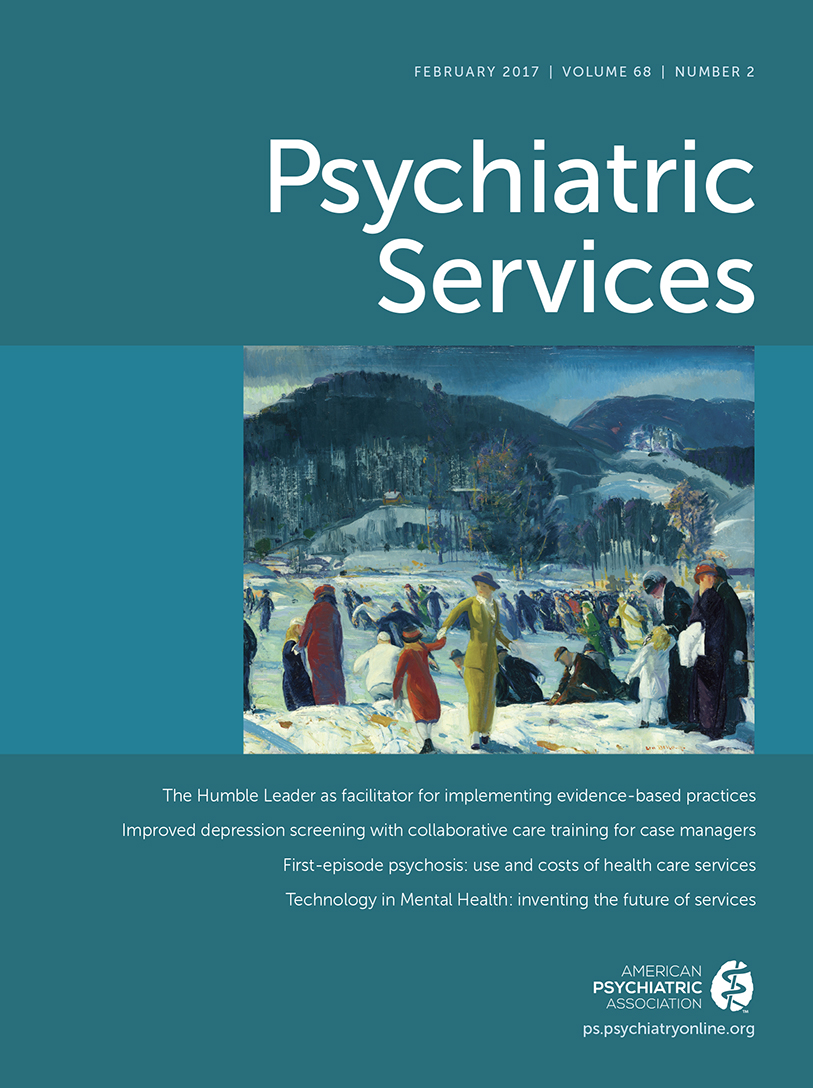The Effects of Collaborative Care Training on Case Managers’ Perceived Depression-Related Services Delivery
Abstract
Objective:
This study examined the effects of a depression care quality improvement (QI) intervention implemented by using Community Engagement and Planning (CEP), which supports collaboration across health and community-based agencies, or Resources for Services (RS), which provides technical assistance, on training participation and service delivery by primarily unlicensed, racially and ethnically diverse case managers in two low-income communities in Los Angeles.
Methods:
The study was a cluster-randomized trial with program-level assignment to CEP or RS for implementation of a QI initiative for providing training for depression care. Staff with patient contact in 84 health and community-based programs that were eligible for the provider outcomes substudy were invited to participate in training and to complete baseline and one-year follow-up surveys; 117 case managers (N=59, RS; N=58, CEP) from 52 programs completed follow-up. Primary outcomes were time spent providing services in community settings and use of depression case management and problem-solving practices. Secondary outcomes were depression knowledge and attitudes and perceived system barriers.
Results:
CEP case managers had greater participation in depression training, spent more time providing services in community settings, and used more problem-solving therapeutic approaches compared with RS case managers (p<.05).
Conclusions:
Training participation, time spent providing services in community settings, and use of problem-solving skills among primarily unlicensed, racially and ethnically diverse case managers were greater in programs that used CEP rather than RS to implement depression care QI, suggesting that CEP offers a model for including case managers in communitywide depression care improvement efforts.



